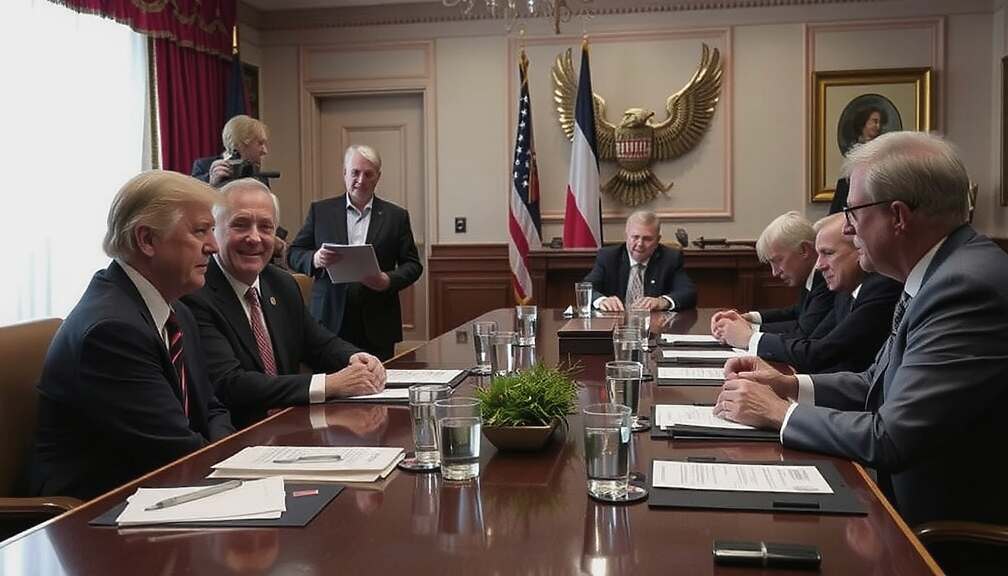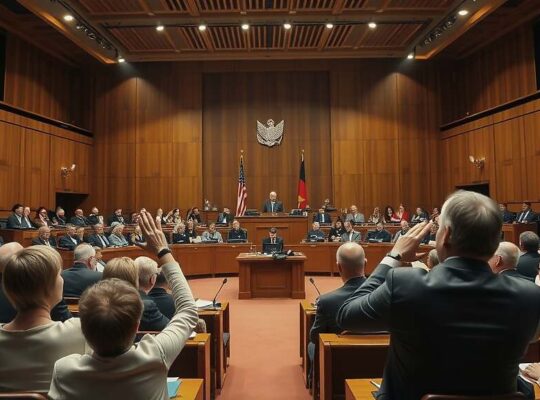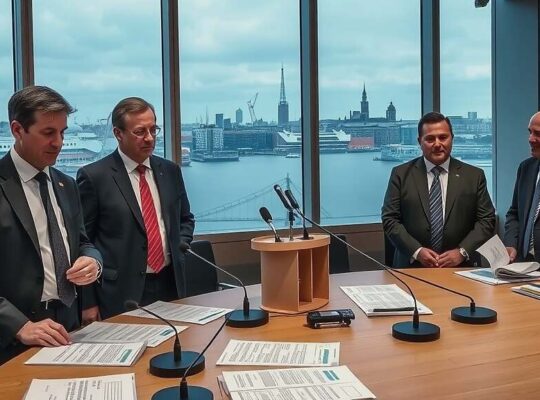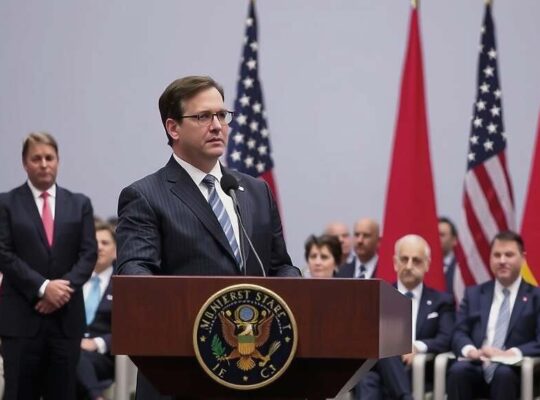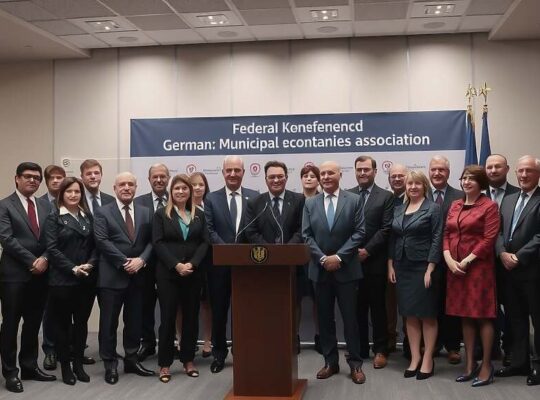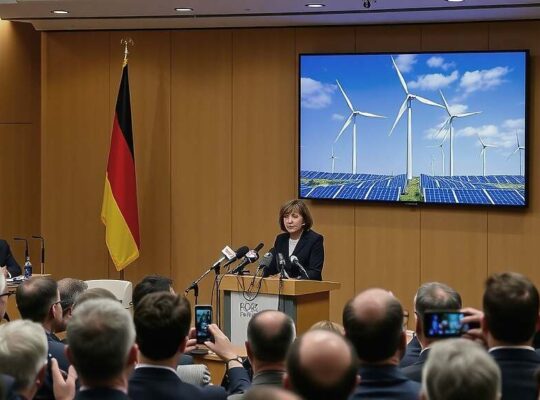Chancellor Friedrich Merz’s inaugural visit to Brandenburg this week underscored the deepening concerns over Germany’s energy security and the viability of its industrial base, revealing a government scrambling to address escalating costs and dwindling competitiveness. During a meeting with the Brandenburg state cabinet, Merz pledged to prioritize securing concessions from the European Union to facilitate a new power plant strategy and reduce electricity prices, emphasizing the intensity of negotiations currently underway led by the Federal Minister for Economic Affairs.
The Chancellor’s remarks signaled a tacit acknowledgement of the fragility of Germany’s industrial landscape, particularly within Brandenburg, a region heavily reliant on energy-intensive industries. Merz stressed the critical need for policy decisions that ensure German companies and specifically those in Brandenburg, remain competitive and retain their operational foothold within the nation. This represents a marked shift in rhetoric, implicitly recognizing the potential for significant job losses and economic disruption if decisive action isn’t taken.
The brief mention of the Schwedt refinery highlighted an ongoing situation demanding constant vigilance, even as current management appears stable. The reference served as a stark reminder of the vulnerability of Germany’s energy infrastructure, particularly given its dependence on Russian energy imports and the lingering geopolitical tensions. While current operations may appear managed, the need for continuous assessment and adaptation suggests underlying fragility and potential future challenges.
Critics argue that Merz’s pledges represent more than simple promises; they are a response to mounting pressure from industry lobbies and a desperate attempt to quell anxieties over Germany’s declining global economic standing. Questions are being raised over the feasibility of achieving significant price reductions within the EU framework, particularly given the stringent climate goals and geopolitical complexities currently shaping European energy policy. The extent to which the federal government can truly influence these factors remains a core point of contention and will be scrutinized closely as negotiations proceed. The visit and subsequent statements ultimately paint a picture of a government facing significant economic headwinds and grappling with the difficult task of restoring confidence within a vital, yet increasingly precarious, industrial sector.


